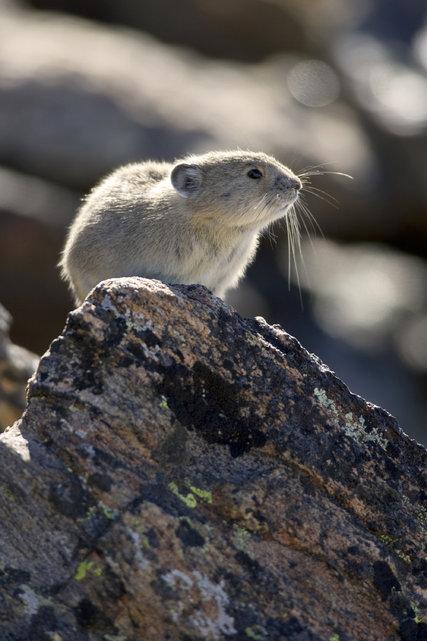 Image: The American pika lives in rocky mountain areas and boulder-covered hillsides. In recent years, it has been retreating to higher elevations. Since the 1990s, some pika populations along the species’ southernmost ranges have vanished. Credit Science Source
Image: The American pika lives in rocky mountain areas and boulder-covered hillsides. In recent years, it has been retreating to higher elevations. Since the 1990s, some pika populations along the species’ southernmost ranges have vanished. Credit Science Source
nytimes.com - April 30th 2015 - Carl Zimmer
Climate change could drive to extinction as many as one in six animal and plant species, according to a new analysis.
In a study published Thursday in the journal Science, Mark Urban, an ecologist at the University of Connecticut, also found that as the planet warms in the future, species will disappear at an accelerating rate.
“We have the choice,” he said in an interview. “The world can decide where on that curve they want the future Earth to be.”
Problem, Solution, SitRep, or ?:
Recent Comments